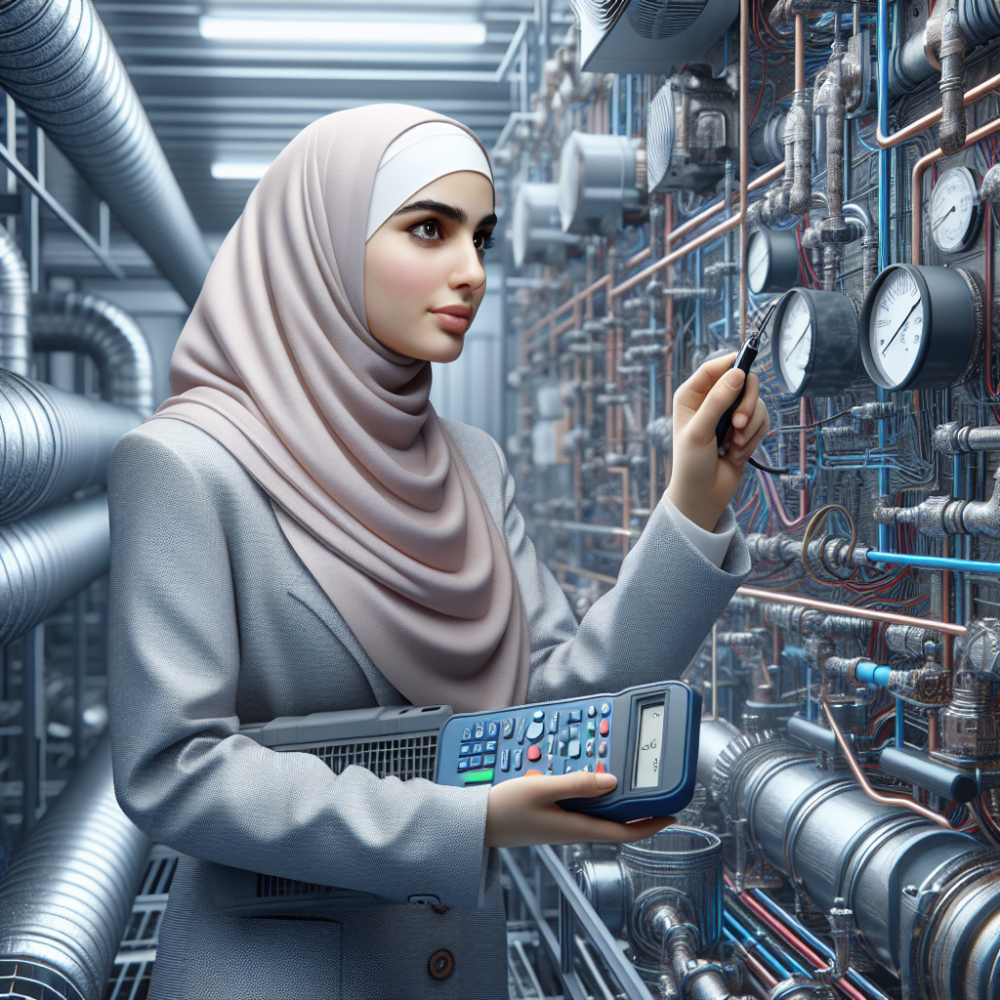Your Ultimate Guide to Mastering HVAC Systems

Posted on: Sunday, March 3rd, 2024
Understanding HVAC systems is crucial for maintaining a comfortable and energy-efficient home or business environment. HVAC, standing for Heating, Ventilation, and Air Conditioning, plays a pivotal role in ensuring air quality and thermal comfort. With advancements in technology, modern HVAC systems are more eco-friendly, smart, and capable of integrating with home automation systems. This guide aims to provide you with essential knowledge and tips to make informed decisions regarding HVAC installations, maintenance, and repairs.
1. Know Your System: There are several types of HVAC systems available, including split systems, hybrid systems, duct-free systems, and packaged heating and air conditioning systems. Each has its benefits and is suitable for different settings and climates. Understanding the type of system you have or need is the first step in effective HVAC management.
2. Regular Maintenance Is Key: Routine checks and maintenance are vital to keep your HVAC system running efficiently. This includes regular cleaning of filters, coils, and ducts, checking for leaks, and ensuring that all components are functioning correctly. Investing in an annual maintenance plan with a trusted HVAC service provider can save you money in the long run by avoiding major repairs.
3. Upgrade to Smart Controls: With the advent of smart home technologies, upgrading your HVAC system with smart thermostats and controls can significantly improve energy efficiency and reduce costs. These devices allow you to manage your heating and cooling settings remotely and can learn your preferences for automatic adjustments.
4. Consider Energy Efficiency: When installing or replacing an HVAC system, opting for an energy-efficient model is beneficial for both the environment and your utility bills. Look for systems with a high SEER (Seasonal Energy Efficiency Ratio) rating for cooling and an AFUE (Annual Fuel Utilization Efficiency) rating for heating.
5. Indoor Air Quality Matters: HVAC systems do more than heat and cool; they also affect indoor air quality. Use quality air filters, install air purifiers or cleaners, and consider adding a dehumidifier or humidifier to balance moisture levels and ensure healthy air.
6. Don’t Ignore the Ductwork: Leaky or poorly insulated ductwork can lead to significant energy loss. Ensure that ducts are sealed properly and insulation is intact, especially in unconditioned spaces like attics and crawlspaces.
7. Professional Installation: Proper installation of an HVAC system is crucial for its efficiency and longevity. Always hire certified professionals who can ensure that your system meets all local codes and manufacturer specifications.
8. Size Matters: Installing an HVAC system that is too large or too small for your space can lead to inefficiency and increased wear. A professional HVAC contractor can perform a load calculation to determine the ideal size for your specific needs.
9. Take Advantage of Rebates and Incentives: Many utility companies offer rebates and incentives for installing energy-efficient HVAC systems. Research available offers in your area to save money on your installation or upgrade.
10. Educate Yourself: Knowledge is power when it comes to managing your HVAC system. Stay informed about the latest HVAC technologies and best practices through reputable sources and ongoing education. This enables you to make smart decisions regarding your HVAC needs and investments.